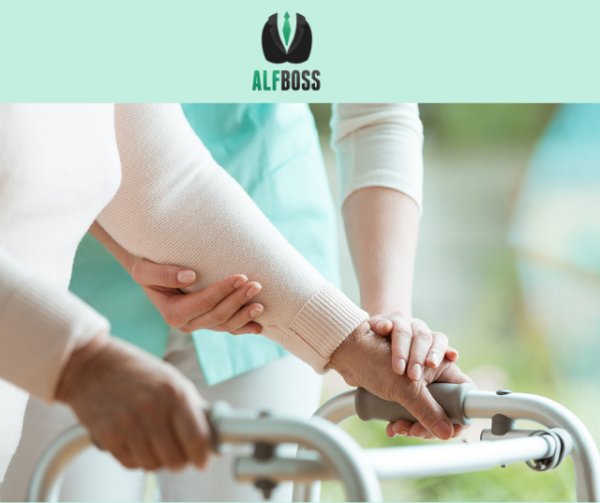
Operating a special care residence
Experts suggest that there are currently somewhere around 5.5 million Americans of all ages who suffer from Dementia-related diseases. These conditions require deeply knowledgeable medical personnel due to the increased needs the person may need. Dementia and like illnesses can cause loss of motor function, memory impairment and even at times cause negative behaviors that affect others around them. When deciding to have a special care residence in your ALF the Massachusetts Executive Office of Elder Affairs has issued the following regulation for facilities to comply with:
12.04: General Requirements for an Assisted Living Residence
(4) Special Care.
Any Residence that chooses to advertise, market, otherwise promote or provide special care for Residents shall administer such care and services in accordance with the requirements of 651 CMR 12.04(4) in addition to all other requirements of 651 CMR 12.00. A Residence may not operate a Special Care Residence without submitting an operating plan to EOEA that explains how the Special Care Residence or Residences will meet the specialized needs of its resident population, including those who may need assistance in directing their own care due to cognitive or other impairments. This includes a description of the physical design of the structure and the units, physical environment, specialized safety features, enrichment activities, and the ongoing training of staff.
(a) All Special Care Residences shall be administered in accordance with the following safeguards:
- Entry and exit doors in the common use areas within Special Care Residences shall be secured in accordance with local, state and federal laws and regulations. All doors must automatically unlock in the case of fire, power outage or emergency situation;
- Staff shall be trained and assigned according to the requirements of 651 CMR 12.06 and 12.07;
- The Residence shall develop and implement a 24-hour preparedness plan by assessing the needs of each occupant of any Special Care Residence for emergency assistance, and devise an appropriate method to provide the necessary assistance;
- The Residence shall develop and implement policies and procedures to assess and reduce the risk of potential hazards in the physical environment related to the special characteristics of the population. Such policies and procedures must include an annual written statement describing in detail how the physical characteristics of any Special Care Residence have been or will be modified to promote the safety of its Residents;
- The Residence shall develop Special Care Residence policies and procedures that address potentially unsafe Resident behaviors such as unsupervised wandering, and verbally or physically aggressive behavior including coercive or inappropriate sexual behavior;
- The Residence shall develop policies and procedures governing the transition of Residents moving in or out of any Special Care Residence;
- The Residence shall provide a multipurpose activity space; and
- All Special Care Residences that commence an initial certification process after October 1 , 2015 shall provide a secure outdoor space.
(b) Special Care Residences shall prepare a planned activity program that includes structured activities with designated staff a minimum of three times within a 24-hour period, seven days per week. The planned activity program shall address Resident needs in the following areas of Resident function, as applicable:
- Gross motor activities;
- Self-care activities;
- Social activities; and
- Sensory and memory enhancement activities.
(c) The Residence shall document and make available upon request all plans, policies and procedures required under 651 CMR 12.04(4)(a) and (b) in accordance with the disclosure requirements of 651 CMR 12.08(3).
(d) Administrative staff of the Residence qualified by training and experience shall review the operations of any Special Care Residence twice each year. The reviews may be conducted as part ofthe Residence Quality Improvement and Assurance program prescribed under 651 CMR 12.04(10). The Residence shall document the results of these reviews.
Top Takeaways:
- A Residence may not operate a Special Care Residence without submitting an operating plan to EOEA that explains how the Special Care Residence or Residences will meet the specialized needs of its resident population, including those who may need assistance in directing their own care due to cognitive or other impairments. This includes a description of the physical design of the structure and the units, physical environment, specialized safety features, enrichment activities, and the ongoing training of staff.
The special care residence unit should not just be an area to hold residents suffering from a terrible illness. This unit shall be a community in itself with dignified meaning for residents who need specialized care. You should include services based upon each individual resident needs as well as having fruitful programming of activities.
- The Residence shall develop Special Care Residence policies and procedures that address potentially unsafe Resident behaviors such as unsupervised wandering, and verbally or physically aggressive behavior including coercive or inappropriate sexual behavior;
You must have a plan in place for potentially unsafe behaviors from residents. You need to be sure your staff knows what to do if residents begin to exhibit behaviors that could harm themselves or others.